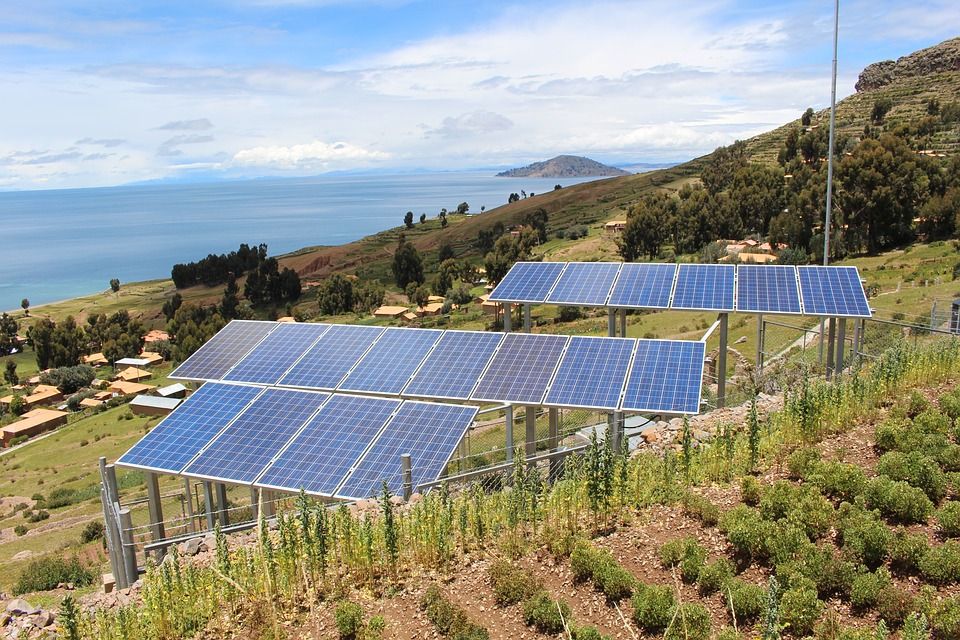Supporting OECS sustainable energy plans
OECS Renewable Energy Workshop was held in Antigua and Barbuda from 9th to 11th May 2017
Sustainable energy plans for the OECS have been supported with Physical Planning and Energy Professionals from across the region having met in Antigua and Barbuda from 9th to 11th May 2017 for the OECS Renewable Energy and Energy Efficiency Capacity Building Workshop.
The workshop which was spearheaded by OECS Commission, was a collaborative effort amongst a number of other partners working on energy in the region.
Financial support was provided by the Caribbean Development Bank through the Canadian Support to The Energy Sector, the UK Department for International Development (DFID), the Delegation of European Union to Barbados and the Eastern Caribbean States, the OECS and CARICOM/CARIFORUM. The Organisation of American States (OAS) provided technical assistance and co-facilitated the workshop together with the OECS Commission.
The workshop was designed to provide physical planning and development professionals with training on the fundamentals of renewable energy and energy efficiency relevant to their functions in support of the OECS Member States in achieving their sustainable energy plans.
The sustainable energy and physical planning nexus is particularly important to Small Islands Developing States (SIDS) who have limited land resources but are seeking to transition their economies from a fossil fuel base to allow for the greater incorporation of renewable energy and energy efficiency.
The workshop sought to assist participants in identifying best practice for renewable energy projects development including measures that address the issues posed by competing demands for land usage and environmental protection.
The Workshop also examined the role of physical planning with respect to energy efficiency in buildings, energy and transportation and sustainable cities.
This meeting of energy and planning professionals served as a catalyst for the development of a regional approach for facilitating sustainable energy development through enhanced physical planning and development policies and processes.
This workshop is part of the OECS Commission’s programme to provide comprehensive support and institutional strengthening to OECS Member States for Sustainable Energy. It was designed as part of the recognition that physical planning plays a pivotal role in facilitating and regulating both renewable energy and energy efficiency projects.
The objective is to provide support to the range of physical planning professionals involved in sustainable energy initiatives include physical planners, urban planners, architects, development control agents, building technicians, inspectors and engineers.
Given that sustainable energy projects are relatively new to the region and the number of such projects is likely to increase, capacity must be built to ensure that the design and evaluation of sustainable energy project proposals promote economic growth, social cohesion and environmental protection. In addition to exposing physical planning professionals to the various renewable energy technologies and the physical planning requirements associated with each of the options, the Workshop also provided the opportunity for sharing of experiences in developing renewable energy projects from their respective countries. Participants were also given the opportunity to see first-hand solar energy projects on Antigua and Barbuda.


